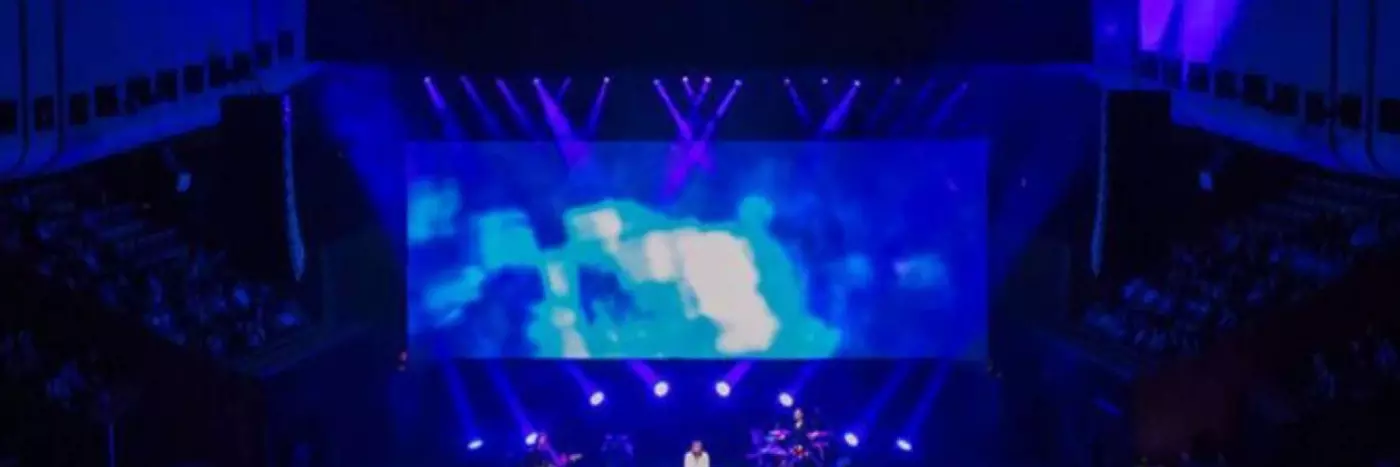In Conversation with Beth Orton
A poet's feel for lyrics, an actress' instinct for delivery — and that voice
Anyone around at the time remembers Beth Orton’s arrival, on the cusp of the new millennium.
Her award-winning second album Central Reservation had just hit, eclipsing even Trailer Park, her critically acclaimed debut, and the string of genre-defying collaborations that proceeded it with, amongst others, William Orbit, Beck, Ryan Adams and the Chemical Brothers.
She seemed to encapsulate the moment when folk, rock and electronica converged; the Chemical Brothers colliding on Where Do I Begin with the British folk tradition of Nick Drake and John Martyn to create something as urgent as it was pure – beat-heavy, ultra-contemporary, hauntingly allusive.
Then there was that voice: parched and soaring; immediately familiar, yet entirely new.
No-one was left in any doubt that something had happened. Tags were minted – folktronica, trip-hop and dance, pastoral electronica – and in quick succession Orton scored the best-female-artist Brit Award and one of The New Yorker magazine’s first pop profiles, as the grand old lady started covering contemporary music as a serious art form.
“Remember that time when Beth Orton released one of the greatest albums of the modern era?”, PopMatters would ask when Central Reservation was re-released on its fifteenth anniversary, adding that the most amazing thing about that milestone was that the record hadn’t “aged a day. It remains a stunning, filler-free album of nothing but the best set of songs Orton has ever penned … part of the reason for this rarefied air of greatness is that … Orton utilizes her voice to its fullest capacity, her quietly strained inflection used to give her words real weight in lieu of just singing them.”
Startling, then, to hear the woman herself – on the eve of her 13 June Concert Hall appearance as part of this year’s Vivid LIVE festival – say that she alone remained resolutely unconvinced. “I didn’t believe any of it for a very long time,” Orton says. “I didn’t believe my label or the press. I thought come on, this is just public humiliation. It was incredible to me that people responded.”
Better still, one of the voices of her generation says she had not burning desire to be a singer – rather the reverse. She was brought up with music, began writing songs at ten, but “in my house my brothers were the musicians, that wasn’t given to me,” she says. “I wrote poetry and [they] took the absolute piss out of that – me in a long skirt, flouncing about.”
It was household of “rock and roll and politics – ‘what side are you on?’ – the music was what counted and that was how you knew someone’s mettle.” She studied theatre, became an actress. The legendary British composer and producer, William Orbit, happened to see her in an experimental stage adaptation of Une Saison en Enfer, in which she played Rimbaud’s lover. “William came to see me in a play where I turned [a Rimbaud poem] into a song and he said ‘this girl can sing’ and invited me into the studio. I thought ‘oh come on!’”
There was an upside to that survival-of-the-fittest upbringing. She emerged with “a perspective of sheer experimentation” tailor-made for a particularly febrile musical moment, with an activist’s sense that culture mattered, a poet’s feel for lyrics, an actress’ instinct for delivery – and that voice.
“People asked ‘how did you do it?” she says of her sudden arrival. “And I said ‘you should have seen my household!’”
She was at once seasoned and completely free. “When I started I so didn’t know what I was doing. I thought ‘why can’t you do that with that?’ I didn’t have any constraints to what I did. And there was so much around at the time: reggae, dubstep … and Portishead and Massive Attack doing beautiful things. I thought ‘if I can make music, I would like to make it that way’, and that has never left me.”
That spirit imbues every note of her sixth and latest album, Kidsticks, “every step of which”, she says, “was an experiment in sound.” Produced with Andrew Hung of Fuck Buttons, the contrast with her last outing, 2012’s Sugaring Season, a tour de force of exquisite, pared-back folk, could not be starker. Kidsticks is a bold, hallucinatory departure that has been hailed by Rolling Stone Australia “as an album of stunning contradictions; of breathiness and clarity, of innocence and insight, of drama and simplicity … that redefines the established singer’s career. Although the wildness and uninhibited range of musical devices strikes first, Orton is a master of creating space.”
And like Sugaring Season, on which Orton has never sounded better, it finds her in rare voice. After battling the Crohn’s disease that followed the birth of each of her two children – and affected her voice – she has found whole new dimensions in the instrument that has always defined her. “I got well and my voice got well,” she says. “It’s lovely to have my voice back and my powers back and to come back with a band and play all the music I have ever made in Australia, which I have always loved and has always been good to me, as one of my first stops.”
Beth Orton will play the Sydney Opera House Concert Hall on Tuesday 13 June as part of Vivid LIVE festival.
Find more about Contemporary Music at the Opera House


